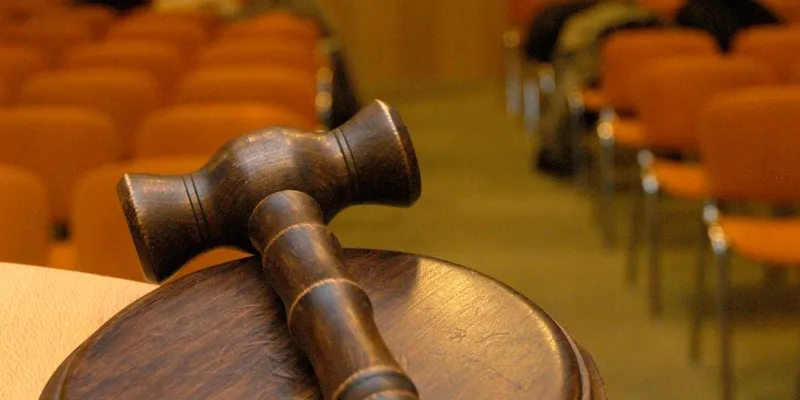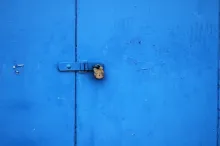The WTO arbitration decision against China: anti-suit injunctions are dead, long live the long-arm jurisdiction?
July 23, 2025
On Monday, the big news was the publication of the decision of the arbitrators appointed by the World Trade Organization ("WTO") in the appeal filed by the EU and its member states finding China's anti-suit injunction practice to be contrary to several provisions of the TRIPS Agreement. For patent aficionados unfamiliar with WTO institutional milieu, it will be worth recalling that decisions from the WTO's Dispute Settlement Body are binding on its member states (including the EU and its member states) and therefore must be followed by all branches of its member states (including the judicial branch). A more detailed account on how the WTO dispute settlement procedure works was provided by this writer in the seminal work “A GATT With Teeth. Law wins over politics in the resolution of international trade disputes”, Columbia Journal of Transnational Law, 1993 (Vol. 31:1), the first article published in the world on the new WTO dispute settlement procedure introduced by the Uruguay Round negotiations.
The decision published on Monday is of paramount importance to the patent community, not only because it will oblige China to dismantle its anti-suit injunction policy, but also because it may prevent courts of other WTO member states (e.g., Germany, the UK, the USA, etc.) from ordering similar anti-suit injunctions. In a nutshell, the arbitration tribunal has substantially reversed the findings of the panel report issued on 21 February 2025, holding that China's anti-suit injunction practice is contrary to articles 1.1 and 28.1 of the TRIPS Agreement. In particular, it has found that WTO members are obliged to "give effect" to the provisions of the TRIPS Agreement "without frustrating the functioning of the systems of protection and enforcement of IP rights implemented by other Members in their respective territories." It has also found that the practice of ordering anti-suit injunctions is also contrary to articles 1.1 and 28.2 of the TRIPS Agreement because it curtails patent owners' ability to conclude licensing agreements in good faith negotiations to arrive at mutually-agreeable FRAND terms.
This is big news. Chinese anti-suit injunctions are gone. From the perspective of the obligations stemming from the TRIPS Agreement, this result is impeccable. The question that remains to be answered is whether this outcome, coupled with the "long-long-arm jurisdiction" (i.e., jurisdiction even for acts of infringement carried out outside the EU) endorsed by the CJEU in its judgment of 25 February 2025 (Case C-339/22 BSH Hausgeräte GmbH v Electrolux AB), will result in an imbalance that may also raise wrinkles under the TRIPS Agreement. Perhaps meat for the next WTO case.
Chinese anti-suit injunctions are dead, long live the EU courts' long-arm jurisdiction. Or not.
You may also like













